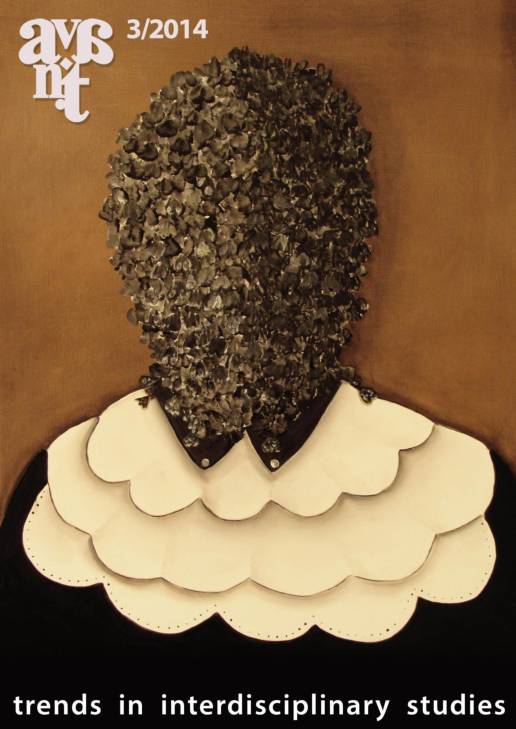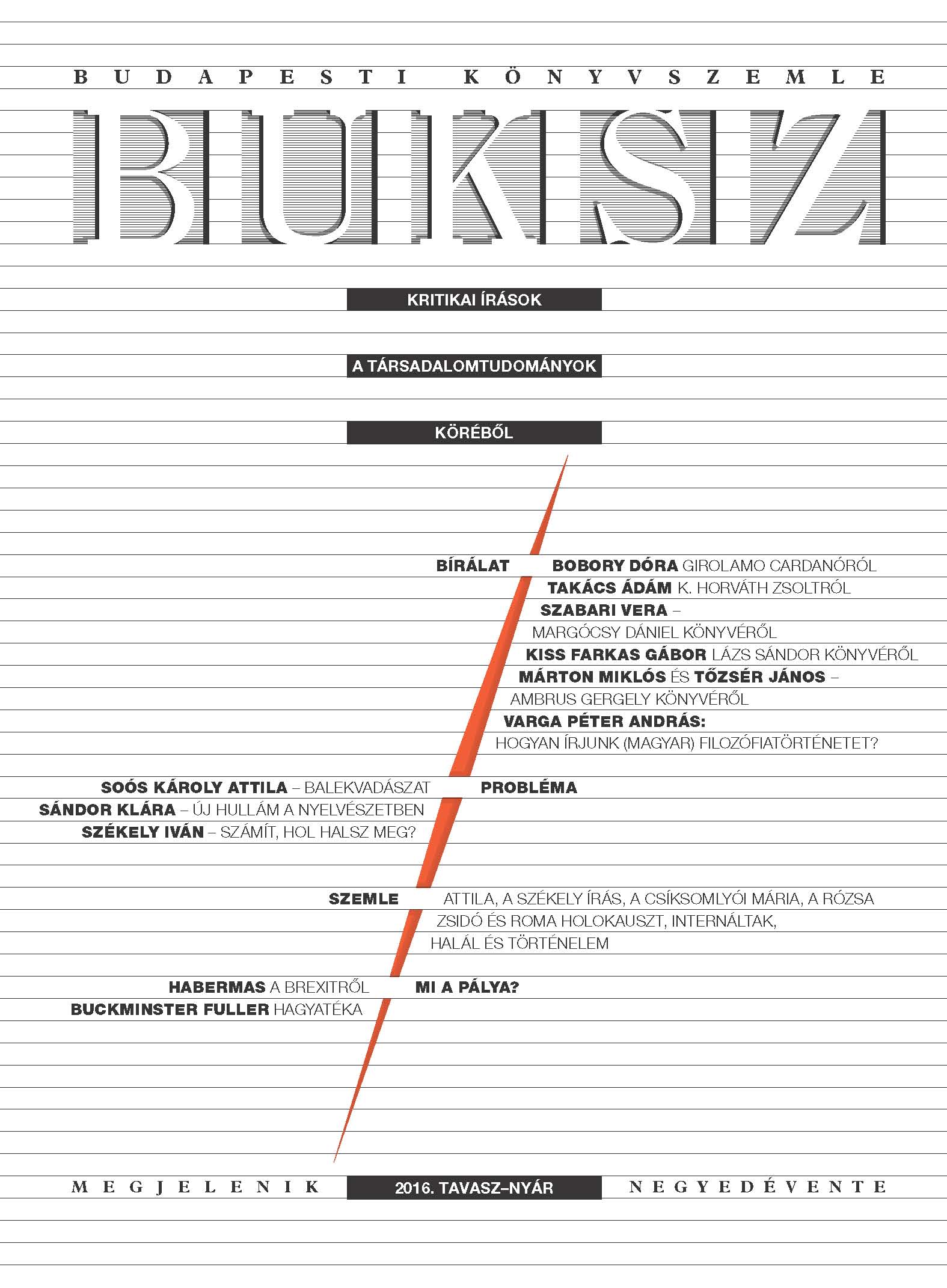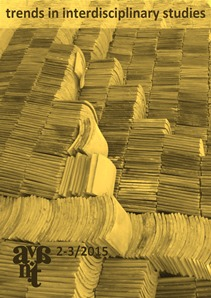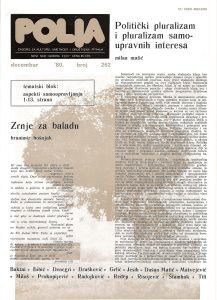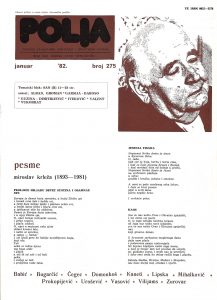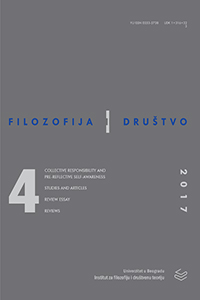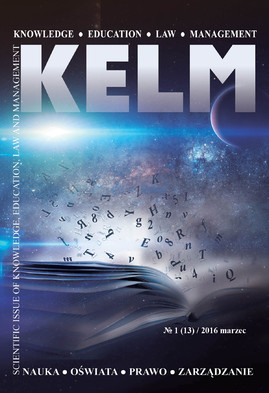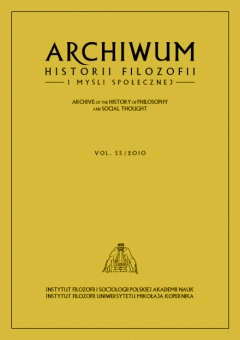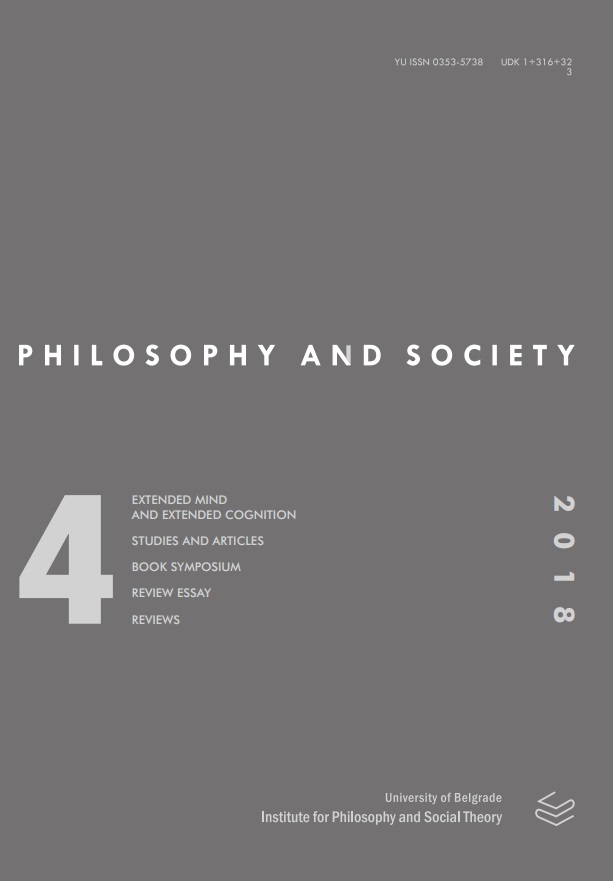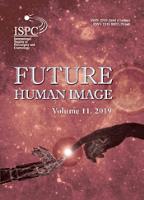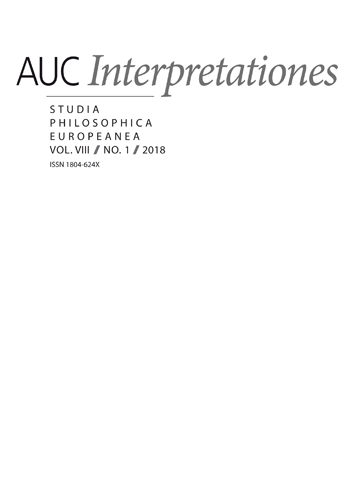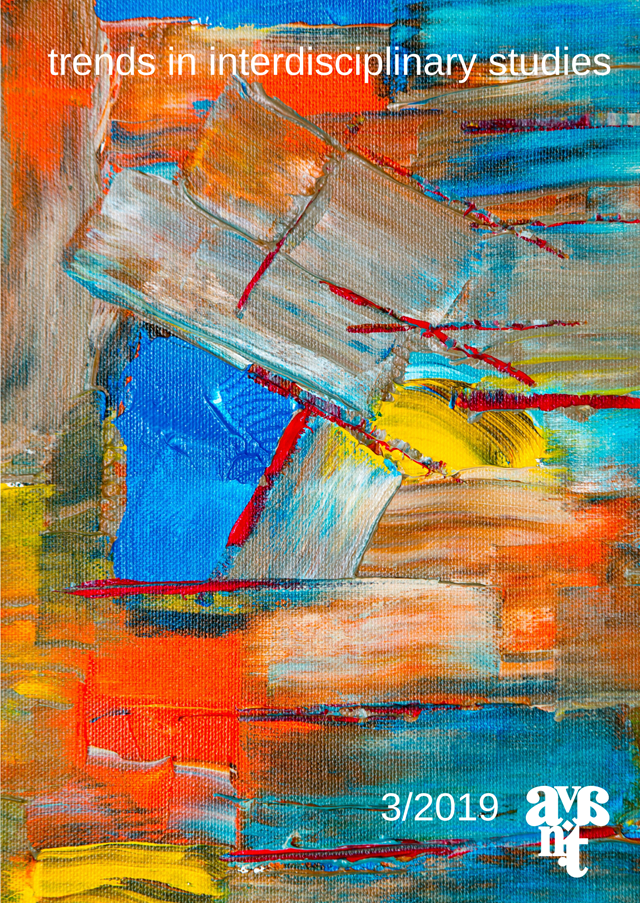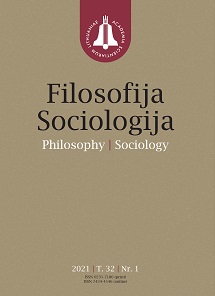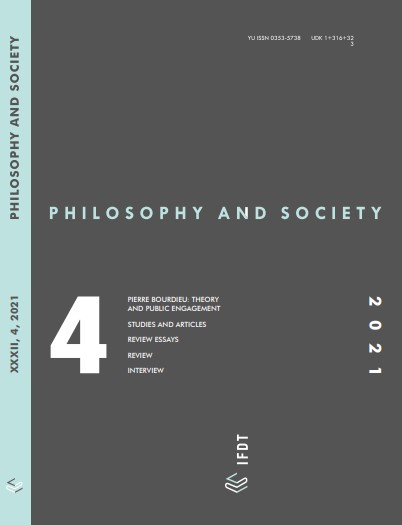Author(s): Ervin Baktay / Language(s): Serbian
Issue: 262/1980
Filosofska osnova joge je takozvani sankja-filosofski sistem. Među ortodoksnim — opšteprihvaćenim — indijskim filosofskim sistemima, tri imaju sasvim istaknutu, osnovnu važnost; oni približno obuhvataju suštinsku sadržinu i ostalih sistema. To su: veđanta, sankja i joga. Joga je poseban sistem, ali u svojoj fiiosofskoj utemeljenosti upotrebljava sankjino shvatanje. A sankja je: izlaganje unutrašnje strukture stvorenog, postojećeg sveta, »predračun, nabrajanje« njegovih sastavnih elemenata. Ujedno je ovo i samo značenje reči sankja. Sistem sankja ne ide dalje, samo razlaže i rezimira; bavi se isključivo materijalnim svetom, i zato ne razmatra ono što je van materijalnog sveta. U ovom smislu sistem joge (kao i vedente) prihvata sankjinu sliku, predstavu sveta kao svoju, ali samo kao osnovu za polazište, da bi nakon upoznavanja suštine materijalnog sveta krenuo dalje i svoj pogled uperio na krajnju suštinu. Vedanta već predstavlja neposredno koncipiranje krajnje, najkorenitije spoznaje. Ona je već, tako reći, vrhunsko učenje, izložen rezultat, apstraktno sumiranje moguće spoznaje. I naziv to odaje; vedanta: kraj Veda, odnosno krajnji zaključak, krajnji rezultat. Ona daje i sažeto izlaganje, na kraju Veda, postojećih tajnih učenja, Upanišada.
More...
